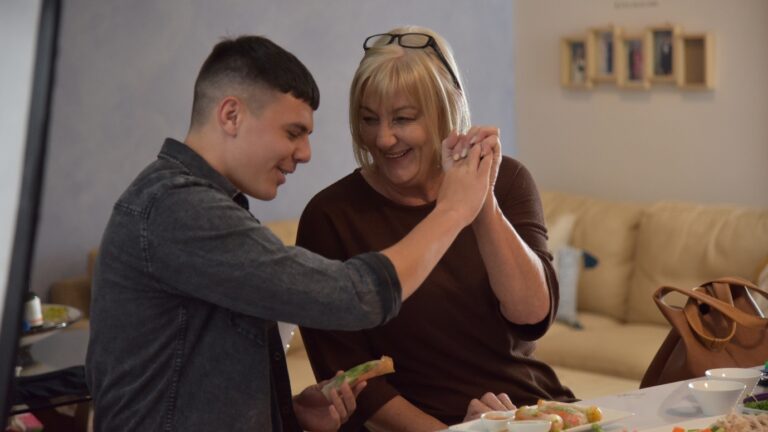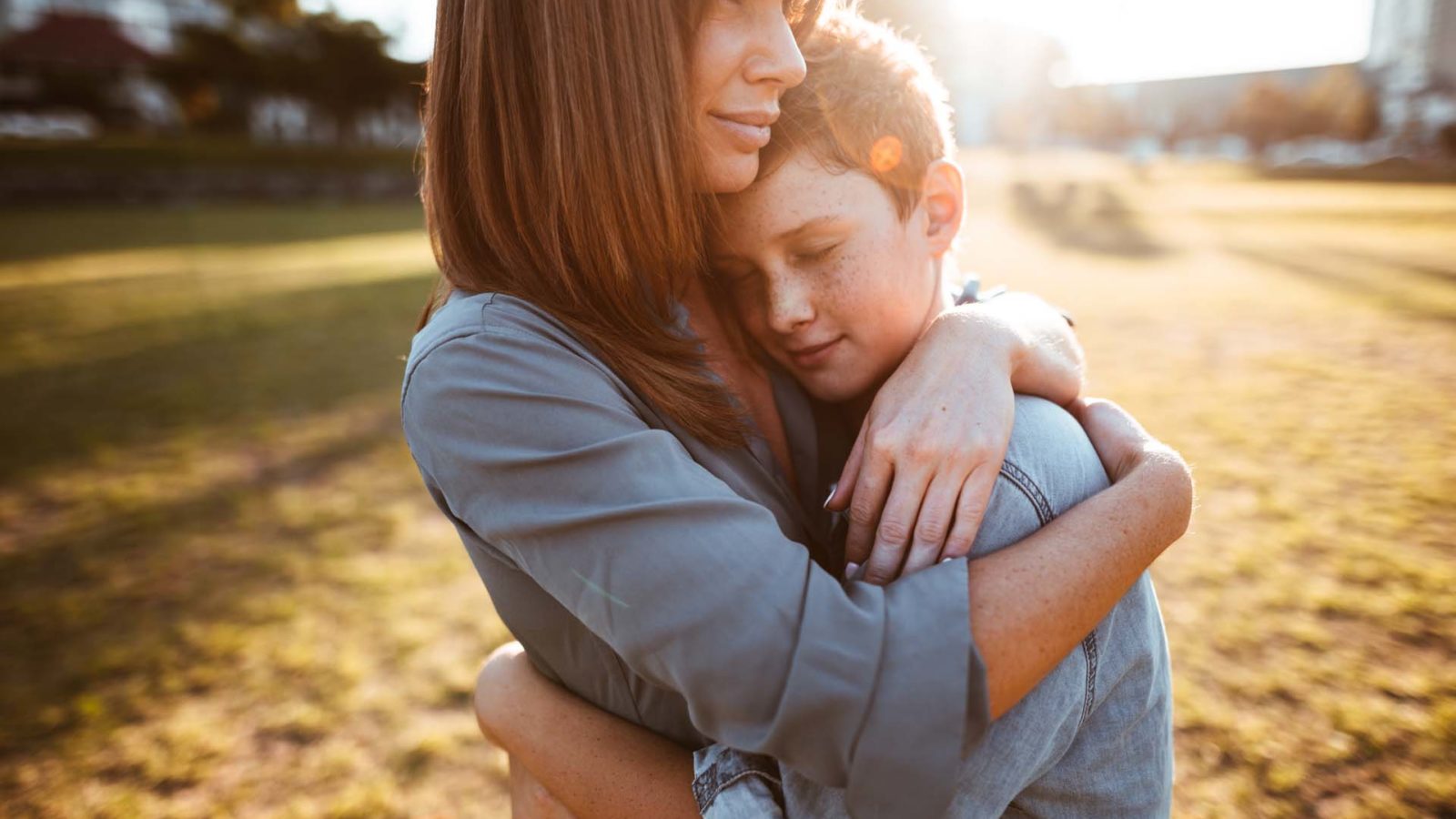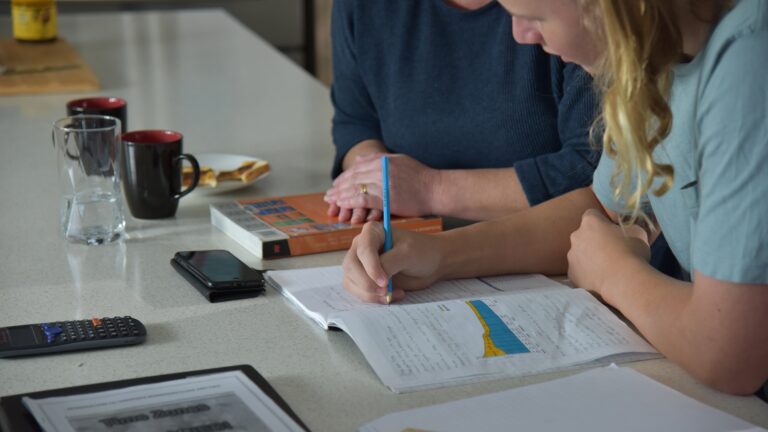We all know that optimism is a wonderful quality to have but creating positivity doesn’t just happen. Being positive requires effort. For teenagers who are still learning to regulate their emotions, it’s especially important to help them build positive ways of thinking and acting.
Here’s six reasons why encouraging positivity in your child’s life can help them feel and learn better.
Positive emotions
Research has found that positive emotions can lead to greater creativity and better problem solving. When we feel positive emotions, we have a stronger desire to explore our world, be playful, and savour new experiences. These are all essential drivers for learning so encouraging positive emotions in your child’s life through nurturing their spark, for example, can help them feel more positive about themselves as well as school.
Positive thoughts
Encourage your child to avoid comparing themselves to others and focus on their own strengths and what makes them special. Celebrate their wins and when your child experiences failure, help them turn it into a positive. Encourage them to see it as something valuable they can learn from. Explain to them that mistakes are an opportunity to learn and that by sticking at it, they will eventually succeed.
Positive habits
Achieving a positive mindset tends to come from lots of little changes rather than one big decision. Helping your child establish healthy habits can help them replace negative coping mechanisms. But research tells us that it takes 66 days to build a habit so it’s all about doing something over and over again. To help your child create good habits, see if you can help them work out what triggers their poor habits so they can understand their own behaviour patterns. Try and replace bad habits with good ones such as replacing sugary cereal at breakfast with a fruit smoothie or encouraging your child to walk to the bus rather than be driven. Reward your child for sticking to good habits and let them know you notice how hard they are trying. See if one of their friends would like to buddy up with them to work towards creating a good habit together.
Positive people
Research has found that young people who have mentor-like relationships with trusted adults are more likely to complete the tasks they start, remain calm in the face of challenges, show interest in learning new things, and engage in activities at school. Encouraging your child to connect with trusted adults in your extended family, a family friend, or a teacher at school, can help them develop their spark while contributing to their positive mental health and wellbeing.
Positive routines
Being in a positive and healthy environment can help your child feel more positive about themselves and give them the tools they need to be a positive thinker. Regular sleep, regular exercise and a regular school routine can all help build a positive environment for your child, especially for teenagers who need structure and predictability as they navigate the changing world around them.
Positive learning
When your child follows their spark, they are learning through something that is relevant and meaningful to them. Finding a little joy, a little success or a little hope in one area of their lives can start a flame that can ignite their self-esteem, and encourage a love of learning. Be positive about school at home and promote the value of learning. Your positive attitude towards school and learning will help your child also view school in a positive way.
Last Updated: 22 December 2022




